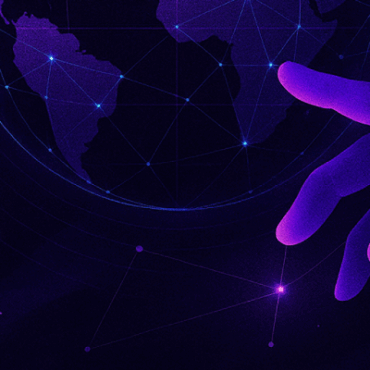Boston Dynamics and five other robot makers pledge not to weaponize their robots
Interesting Engineering, October 9, 2022
Recently, the largest robot manufacturers agreed and signed a commitment not to produce robots that are potentially dangerous to humans. Companies that have done this include Boston Dynamics, Agility Robotics, ANYbotics, Clearpath Robotics, Open Robotics, and Unitree. Other manufacturers were advised to follow and do the same.
Produced robots can bring enormous benefits to society in industries or at homes. They are easy to operate, being affordable, and can be navigated to a place that was previously inaccessible to other automated technology. However, along with useful qualities, there is a possibility of their abuse, for example, violating civil rights or threatening, bringing harm, or intimidating others.
The main area of concern is the use the robots as weapons. Their creators have promised to test their customers’ alleged applications to avoid possible weaponization, and plan to explore developing technology features to mitigate or decrease the risks.
Read the full article at the link in the title.
This is an essential topic especially if we take into account that AI solutions are not ready against adversarial threats and such solutions can cause a big harm and unexpected behavior. We recently covered why it is important in our article Secure AI in Military.
Ohio foragers are accidentally poisoning themselves with lethal mushrooms
ArsTechnica, October 13, 2022
Recently, a patient on the verge of death was undergoing intensive treatment in Cleveland. He relied entirely on the AI-driven plant identification application, which recognized the mushroom found in the yard as edible. It was eaten without a single doubt. Unfortunately, this “edible” mushroom turned out to be a deadly Amanita mushroom.
Throughout the United States, there is a huge spread of deadly species of mushrooms, and there are even those that are almost indistinguishable from harmless species. It is the Amanita mushrooms, which contain amatoxins and amanitins, that cause the most concern. An amatoxin causes more than 90% of deaths from mushroom poisoning. The fact is that there is no way to avoid these toxins if you inadvertently picked a deadly mushroom, as happened with the patient described above. These toxins are extremely stable – they are not affected or destroyed by cooking, freezing, or drying.
As we can see, even seemingly innocent AI-driven recognition systems like plant recognition can deal a deadly blow to a person. Imagine what can go wrong if an AI-driven Cancer detection or any other medical solution goes wrong. Can recognition systems be trusted? This is already a concern.
Read the full article about this incident via the link in the title.
N.C. A&T Researchers awarded $9M DOD Grant for Secure AI
North Carolina Agricultural and Technical State University, October 12, 2022
The tendency to develop reliable and secure AI is growing exponentially. Similarly, to explore ways to create such AI for cyber defense systems, as well as to diversify AI and cybersecurity personnel, The United States Department of Defense (DOD) Office of Naval Research has awarded North Carolina Agricultural and Technical State University researchers with $9 million.
Kaushik Roy, Ph.D., Interim Chair of the Department of Computer Science in the College of Engineering, has been appointed Research Leader. To conduct the most complete research, Roy organized an interdisciplinary research project. The project included 5 university colleges, 8 departments, 13 professors, the Center for Cyber Defense, and the Center of Excellence in Product Design and Advanced Manufacturing.
Roy’s research team is focused on developing AI algorithms and AI that understand threats, mitigate risks, process data quickly, and defend against virtual attacks.
Ph.D. COE interim dean, Stephanie Luster-Teasley, told:
“We are excited that Kaushik is leading this important work for the Department of Defense and College of Engineering. Not only will it help secure our country’s cyber defense systems, but also increase the diversity of thought in the AI space. This generous grant will ensure hands-on research and training for our students to become leaders in the cybersecurity community.”
Read more following the link in the title.
Subscribe for updates
Stay up to date with what is happening! Get a first look at news, noteworthy research and worst attacks on AI delivered right in your inbox.




